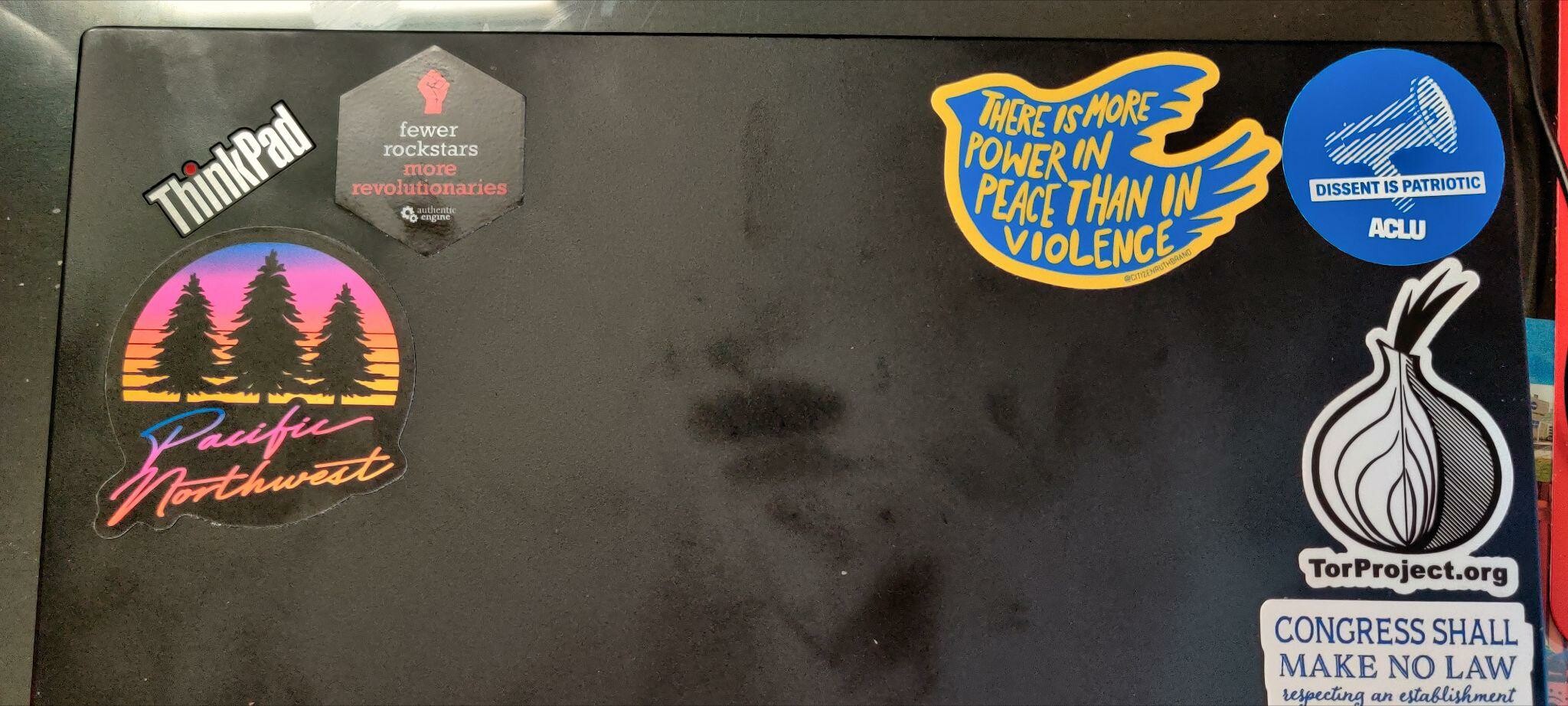As I posted about earlier, the election for the WMF Board of Trustees is
wrapping up. Today is the final day for voting, it closes at
23:59 September 6 UTC (in your local timezone).
You should:
Thank you to everyone who has already voted and is encouraging other Wikimedians to vote. This is an incredibly important election and every vote counts.
Previous updates: 2018, 2021
Kiwix is an offline content reader, best known
for distributing copies of Wikipedia. I have been maintaining it in Debian
since 2017.
This year most of the work has been keeping all the packages up to date in anticipation of next year's Debian 12 Bookworm release,
including several transitions
for new libzim and libkiwix versions.
- libzim: 6.3.0 → 8.0.0
- zim-tools: 2.1.0 → 3.1.1
- python-libzim: 0.0.3 → 1.1.1 (with a cherry-picked patch)
- libkiwix: 9.4.1 → 11.0.0 (with DFSG issues fixed!)
- kiwix-tools: 3.1.2 → 3.3.0
- kiwix (desktop): 2.0.5 → 2.2.2
The Debian Package Tracker
makes it really easy to keep an eye on all Kiwix-related packages.
All of the "user-facing" packages (zim-tools, kiwix-tools, kiwix) now have
very basic autopkgtests that can provide a
bit of confidence that the package isn't totally broken. I recommend reading
the "FAQ for package maintainers"
to learn about all the benefits you get from having autopkgtests.
Finally, back in March I wrote a blog post, How to mirror the Russian Wikipedia with Debian and Kiwix,
which got significant readership (compared to most posts on this blog), including
being quoted by LWN!
We are always looking for more contributors, please reach out if you're
interested. The Kiwix team is one of my favorite groups of people to work
with and they love Debian too.
I am currently running for the Wikimedia Foundation Board. You can read my answers to community questions and see the endorsements from other Wikimedians. Voting opens in a few hours and runs through September 6.
The best way to support me in the election is:
- Vote using SecurePoll
- Rank me first.
- Reach out to 5 other Wikimedians you know and get them to vote as well
You can also boost my posts on Mastodon and Twitter. Thanks!
Originally posted on mastodon.technology.
I gave a very quick lightning talk at #Wikimania today about our migration to #Mailman3: https://commons.wikimedia.org/wiki/File:2022_Wiki_World%27s_Fair_lightning_talk_-_Mailman3_migration.webm
Originally posted on mastodon.technology.
Uh very cool, today's LWN article quoted and linked my blog post about Kiwix and Russian Wikipedia!
https://lwn.net/SubscriberLink/902463/0735202cb9eda4e2/
https://blog.legoktm.com/2022/03/15/how-to-mirror-the-russian-wikipedia-with-debian-and-kiwix.html
Originally posted on mastodon.technology.
Finished off my West Coast trip with two new #stickers!
A colorful Pacific Northwest on the left and an anti-war bird saying "There is more power in peace than violence" on the right.

